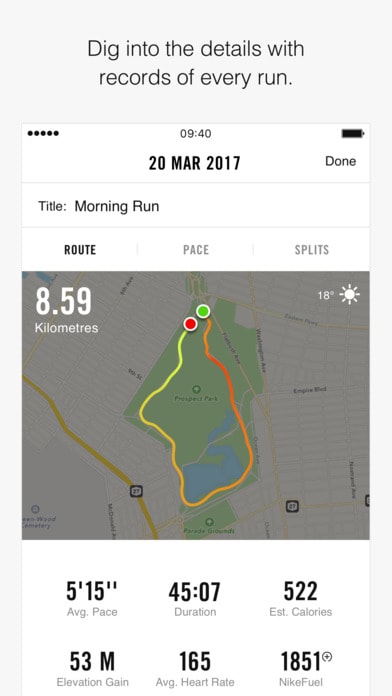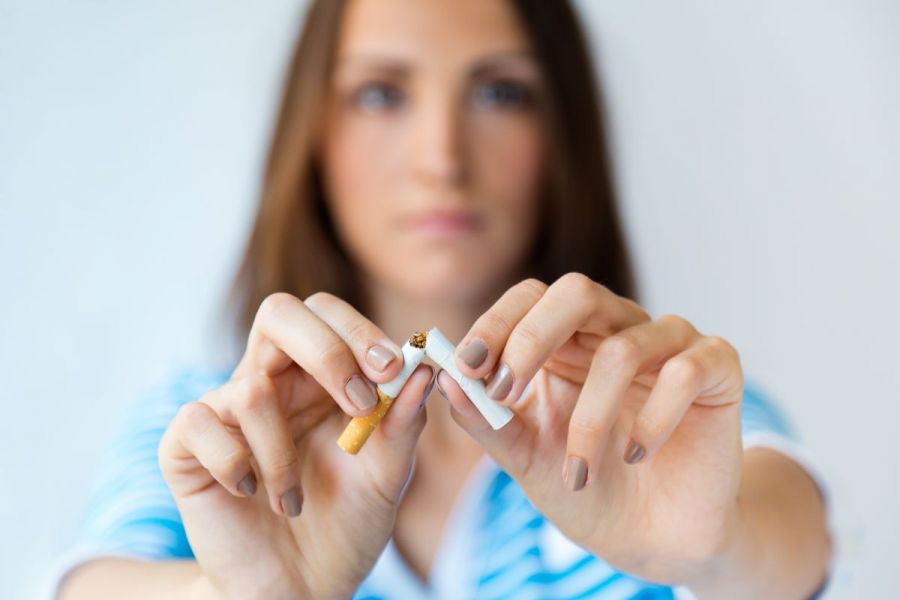Whether you are trying to improve your own sense of wellbeing, looking for help with something that is bothering you, or helping someone you care about — this page is a good place to start.
- What types of services and resources can I find here?
- Evidence-based apps and online programs that can help you build personal skills and track progress
- Dedicated online forums and other peer support services where you can talk to people with similar experiences
- Phone, chat and email services, if you're looking for confidential, professional support
- Mental health websites created by trusted organisations that give you detailed information and advice on specific mental health topics
- Where do these resources come from?
Mostly sourced from the Australian Government's Head to Health program, the resources listed here are from trusted Australian service providers and meet the following criteria:
- free or low-cost digital mental health resources
- nationally available, and
- publicly funded.
- How effective are digital resources?
Quality digital resources are convenient, accessible and private. They can be used as standalone supports, or in a combination with face to face therapies.
Sleep
Our sleeping patterns can affect how well we feel throughout the day.
If we have quality sleep, we wake up feeling refreshed. We are better able to cope with challenges and come up with better ideas, and we get along better with the people around us. In contrast, when we don't get quality sleep, we can feel fuzzy and irritable, and it can also lead to increased anxiety and depression.
At different times in your life you can experience changes in your sleep patterns - like during adolescence and times of stress, having a new baby, or going through menopause. There are lots of different things you can do to improve the quality of your sleep, from changing the light in your room to keeping a sleep diary.
You might like to ask people you know if they have trouble sleeping. They may have some good tips to share. You’ll also find many online resources like forums, apps, and chat rooms where you can pick up ideas and share your story as well. We have some resources below to help you get started.
So, how well are you sleeping?
Sleep resources
Websites
- Sane Australia - Counting Sheep For Adults
Counting Sheep For Adults - 10 Tips For Sleep Hygiene
If you are experiencing sleep difficulties use these 10 golden rules and remember to talk to your GP or other health professional if you continue to have difficulties with your sleep.
- Good Sleep = Good Health
Sleeping well makes us feel better, more alert, energetic, and better able to concentrate and perform our daily tasks. Getting enough sleep each day is one of the most important things you can do for your health and wellbeing and to reduce your risk for ill-health.
- Mood and Sleep
Long term sleep deficiency can increase the risk of chronic health problems such as heart disease and diabetes. But there are many ways you can improve your sleep habits.
- A good night's sleep
ReachOut's website provides resources, advice and factsheets for wellbeing and mental health including sleeping habits. The website also contains tips and advice on wellbeing, and access to youth mental health resources.
- BeyondBlue - Sleeping well
There are two types of sleep – ‘deep sleep’ and ‘dream sleep’. Good quality sleep is about the amount of ‘deep sleep’ a person gets, not the length of sleep.
Apps and programs
- Recharge app
The Recharge app offers a personalised 6-week program focused on improving mood, energy and wellbeing by putting in place good sleep and wake patterns.

- Managing Insomnia Course
This free 4-lesson course is about helping you tackle symptoms of insomnia – chronic and persistent difficulties with falling or staying asleep, which are affecting your quality of life. The course was developed by world-leading researchers and clinicians from St Vincent’s Hospital and University of NSW.

- MindSpot Wellbeing Course
The MindSpot Wellbeing Course helps adults aged 26–65 years learn to manage mild, moderate, and severe symptoms of depression and anxiety. It consists of five lessons over an eight-week period. You can choose to receive weekly therapist support or choose to contact us when you need to.

Forums
- headspace - Making Sleep Count
Sometimes sleep just doesn't happen as it should, there are things you can do to help get more sleep and to make sleep a bit easier.

Being active
Being active can be an effective way to maintain your physical and mental health. Physical activity doesn't have to be exercise. It could be anything you do in your day-to-day life – like running errands or doing housework.
You may have physical limitations or a condition that would make physical activity harmful, or perhaps impossible. Or you may be going through a stressful time. Whatever your personal circumstances are, different people need different levels of physical activity and exercise. It helps to talk to your doctor to determine what kind of physical activity is right for you.
If you're able, you can start small. Light gardening or chores around the house could be a start. If you prefer group activities – indoors or outdoors – team sports, yoga, or dancing may be the way to go. Finding a friend, or even a pet, to walk with can make physical activity easier and more fun.
Regular physical activity can be a good way to boost your mood, reduce stress, and even improve sleep. It is also known to manage symptoms of depression and anxiety.
Being active resources
Websites
- Managing depression with exercise
Feeling tired and less motivated are two very common symptoms of depression. This means that exercise is often the last thing people feel like doing when they are feeling depressed. The following strategies can help motivate you to gradually become more active.
- Beyond Blue - Physical activity and mental health
Physical activity supports mental wellbeing. We know that high levels of inactivity can lead to a greater risk of both physical and mental health problems. Benefits of physical activity also serve to improve classroom behaviour and promote a more positive learning environment.
- Exercise and mental health
Taking up exercise seems to reduce the risk of developing mental illness. It also seems to help in treating some mental health conditions, like depression and anxiety. BetterHealth has tips on how to get started.
- Moving your way to a healthy headspace
The headspace website provides resources and services for young people, to help them keep a healthy headspace. headspace is an initiative of the national youth mental health foundation, providing advice, help and face-to-face support through centres and teleweb support.
- On the line - exercise and mental health
Read about how exercise can boost your mental health, and recommended weekly exercise.
- Walk yourself happy
Find information about how to walk yourself happy, with tips on how to fit walking into your day, where to walk, and the benefits of walking on your physical and mental health.
- MensLine - Improving physical health can help your mental health
MensLine Australia believes there is no better time to dust off the runners, grab your active-wear and start hitting the gym! Read about the mental health benefits here.
Apps and programs
- Daylio
Daylio is a diary app that allows for goal setting, mood tracking and routine notifications. The app uses this data to create personalised statistics and find what are the causes of individual moods.

- Nike+ Run Club
The Nike+ Run Club app tracks your run and helps you reach your goals, whether it’s running your first race or setting a new personal record. It includes training programs, coaching expertise and daily workouts to get you race ready.
Features:
- track your distance, pace and time
- share your runs and let your friends motivate you
- ramp things up with a PowerSong at the press of a button
- compete with your friends
- share photos of your run and customise with your route and metrics.

Drugs, alcohol and other substance-related or addictive disorders
People rely on substances for many reasons: for fun, to be social with friends, to deal with stressful situations, or to escape from other things going on in their lives.
Misuse of substances such as alcohol and drugs puts you at risk of physical and psychological harm, both short-term and long-term. Addictions aren’t limited to alcohol and drugs; they include gambling, smoking, shopping, gaming, and sex, among other things.
With all addictive disorders, you can develop strong cravings, find it hard to cut down, or experience withdrawal when you do. Substance and other addictions can put you at risk of developing mental health conditions, or make existing mental health conditions much worse.
To find out if you have an addictive disorder, you will need to have an assessment with a health professional, like a clinical psychologist or a psychiatrist.
We have some information on seeking professional support that can help you get started. Or you can take a look at the resources below.
Substance abuse resources
Websites
- Quitting smoking fact sheet
ReachOut's website provides resources, information and factsheets for wellbeing and mental health, including help for quitting smoking. The website also contains tips and advice, and access to youth mental health resources.
- Drug help
Reaching out for help and support is an important first step in dealing with drug and alcohol issues that might be impacting you, or your loved ones. Find a number of different resources to help you, or help you support someone you care about.
- The Right Mix
The Right Mix website is designed for serving and ex-serving Australian Defence Force members and their families. Learn to better manage your alcohol consumption with information, strategies and online tools, including how to maintain a healthy balance with alcohol, self-help strategies and motivational goal setting.
- Drug addiction fact sheet
ReachOut's website provides resources, information and factsheets for wellbeing and mental health, including help for drug and substance addiction. The website also contains tips and advice, and access to youth mental health resources.
- Hello Sunday Morning Blog
Since 2010 Hello Sunday Morning team has grown to create the largest online movement for alcohol behaviour change in the world. The blog focuses on real stories about reversing your thinking and relationship with alcohol - ideally moving towards a better drinking culture.
- Alcohol addiction fact sheet
ReachOut's website provides resources, information and factsheets for wellbeing and mental health, including help for alcohol addiction. The website also contains tips and advice, and access to youth mental health resources.
Apps and programs
- Daybreak app
Since 2010 Hello Sunday Morning team has grown to create the largest online movement for alcohol behaviour change in the world. Daybreak is an app designed around a Drink Less Support Community to help you manage and change your relationship with alcohol.
- ON TRACK with the Right Mix app
The ON TRACK with The Right Mix app is designed for serving and ex-serving Australian Defence Force members. It helps you keep track of your alcohol consumption and what it is costing you financially and physically. Free to download from App Store and Google Play.
Phone, chat and email
- Counselling ONLINE - email or chat
An online text-based service where you can communicate with a professional counsellor about your own alcohol and drug use, or that of a loved one. Free and confidential, chat or email the counsellors 24/7.
- Lifeline Crisis Support
Lifeline Crisis Support is a confidential service providing support to anyone in Australia who is feeling overwhelmed, having difficulty coping or thinking about suicide. If life is in immediate danger call 000.
Contact options:
- Chat to us, online, every night from 7pm - 12am (AEDT).
- Call the Lifeline Crisis Line 13 11 14 for 24/7 telephone crisis support.
- National Alcohol and Other Drug Hotline
Connect to the Alcohol and Drug Information Service operating in your state/territory. Free and confidential advice is available and professionals can assist with connecting you to the most appropriate services.
1800 250 015























